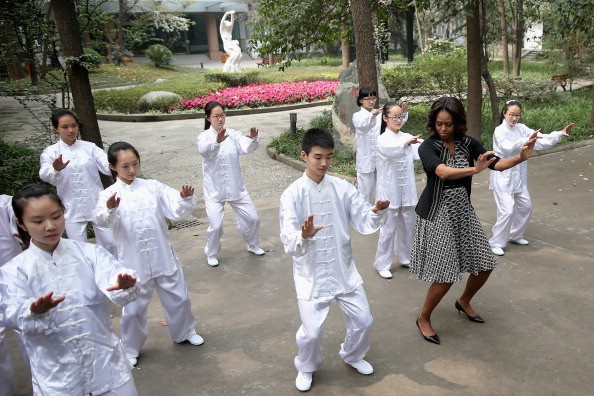The traditional Chinese exercise of Tai Chi is beneficial to people with cardiovascular ailments.
That statement by Yu Liu, dean of the School of Kinesiology of Shanghai University of Sport, is backed up by science. He referred to a new study that reviewed 35 research articles that covered 2,249 cardio patients from 10 countries.
Tai Chi was originally developed for self-defense, but it is now practiced as a graceful form of exercise involving a series of movements done in a slow, focused manner and accompanied by deep breathing. As a non-competitive, self-paced system of gentle physical exercise and stretching, each posture flows into the next without pause to ensure that the body is in constant motion, explained Mayo Clinic.
After exercising using Tai Chi, it reduces the patient’s systolic blood pressure by over 9.12 mm Hg and diastolic blood pressure by more than 5 mm HG on the average. The systolic is the top number, while diastolic is the bottom number.
“Traditional Chinese exercises are a low-risk, promising intervention that could be helpful in improving quality of life in patients with cardiovascular diseases – the leading cause of disability and death in the world, continued Yu, lead author of the study.
Those who practice Tai Chi also experience small, although statistically significant drops in the levels of bad cholesterol, low-density lipoprotein and triglycerides. It also improves quality of life and reduces depression in cardio patients.
Besides Tai Chi, the study also covered other traditional Chinese exercises such as Qigong and Baduanjin.
Mayo Clinic pointed out that Tai Chi is generally safe, but pregnant women, people with joint problems, back pain, fractures, severe osteoporosis or hernia should first consult their doctors before trying Tai Chi.






















